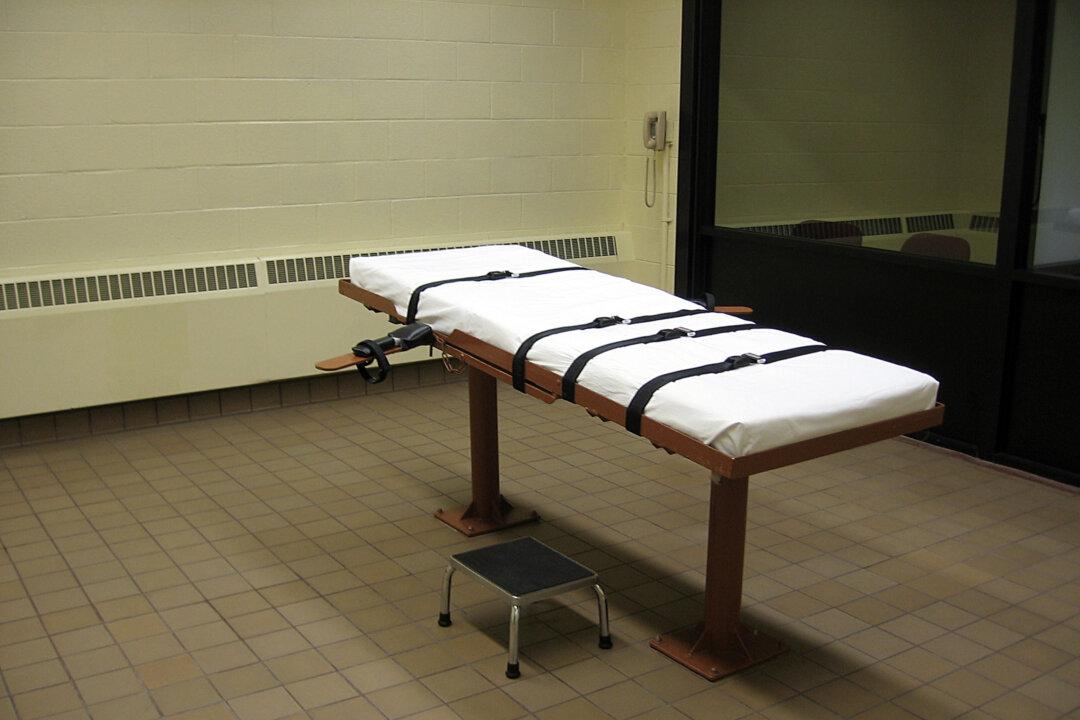Oklahoma must postpone the executions of John Grant and Julius Jones while a legal challenge to the state’s lethal injection protocol is adjudicated, a three-judge panel of the United States Court of Appeals for the Tenth Circuit ruled on Wednesday.
The execution of Grant, which was scheduled for 4 p.m. on Thursday, will now only go forward if the United States Supreme Court overturns the appellate panel’s ruling. The state has not yet said whether it will appeal the ruling to the country’s highest court.





